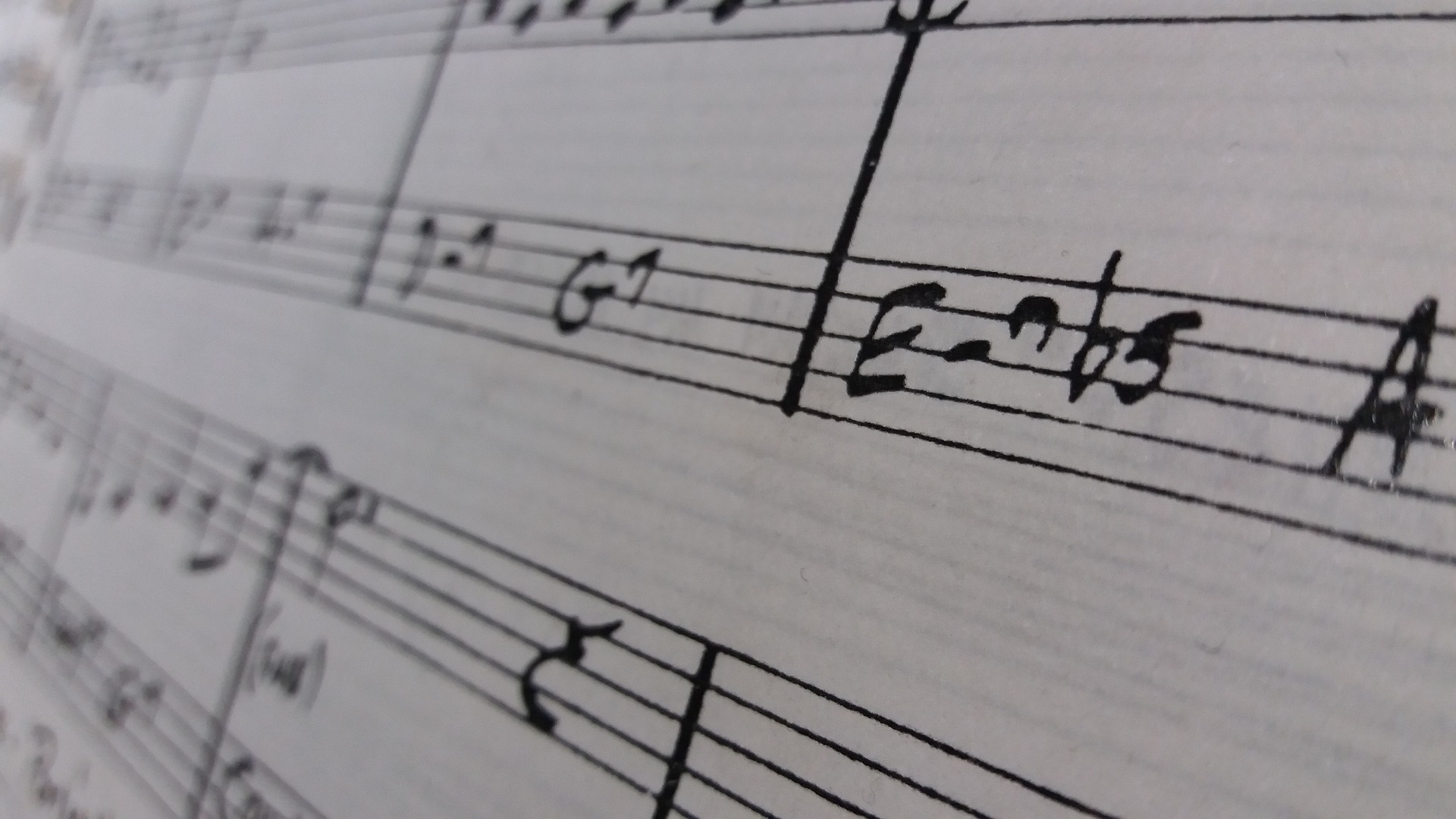Not that long ago, traditional Afghan music was almost non-existent in Afghanistan. Civil conflict and poverty had caused many musicians to flee the country, while those who remained were generally unable to play as music was widely banned. In recent years, however, Afghanistan has rediscovered its rich musical heritage and revived traditional instruments, musical styles, and songs.
While Afghanistan’s musical renaissance has been largely spearheaded by local artists and organizations—including the Afghanistan National Institute of Music, the country’s leading institute for music education founded by the dynamic musicologist Dr. Ahmad Sarmast—a number of institutions outside the country have also played an important role in helping preserve Afghan musical traditions during the last few tumultuous decades. Perhaps the best-known of these is the Afghanistan Music Unit, housed in the music department at Goldsmiths, University of London. This research center was founded by ethnomusicology professor and Afghan music specialist Dr. John Baily.
What is the Afghanistan Music Unit?
Founded in 2002, the Afghanistan Music Unit (AMU) is dedicated to the study of music in contemporary, post-conflict Afghanistan, and to supporting the revival of traditional Afghan music. Under the direction of its founder, Professor John Baily, AMU conducts extensive research into Afghan music and music history, supports musicians returning to Afghanistan after years of exile, and offers concerts, workshops, and other educational resources about Afghan music to diverse audiences in its home city of London and around the world.
About the founder of the Afghanistan Music Unit
One of the world’s leading experts on traditional Afghan music, Dr. John Baily has been researching, promoting, and performing Afghan music for more than 30 years. Baily’s strong commitment to the music of Afghanistan began in 1973, when he and his wife, Veronica Doubleday—an accomplished Dari folk singer and expert on women’s music in Afghanistan—spent two years in the western Afghan city of Herat conducting ethnomusicological research. Since that time, Baily’s research has taken him around the world: he has conducted musical investigations in Afghan communities in countries such as Iran and the United States, worked with Afghan musicians worldwide, and helped establish a traditional music school in Kabul. An accomplished rabab player as well as a dedicated researcher, Baily also gives concerts and workshops on traditional Afghan music, organizes Afghan music festivals, and is a co-founder of Ensemble Bakhtar, a UK-based Afghan music collective. Baily’s contributions to the preservation of Afghanistan’s traditional music have been officially recognized by the Afghan Ministry of Culture, and have earned widespread praise from Afghan citizens.
The history of the Afghanistan Music Unit and its work
2002—The Afghanistan Music Unit was founded by Dr. John Baily to research and document the state of music during a new era for Afghanistan, and to provide assistance in helping the practice of traditional music recover from an extended period of extreme censorship. To launch AMU, Baily made a month-long investigative visit to Kabul; video footage of this research trip was made into the documentary film A Kabul Music Diary.
2003—Through a commission from the Aga Khan Music Initiative in Central Asia (AKMICA), Baily helped establish a Culture Bearers’ Programme in support of traditional Kabuli art music. The program saw four master musicians teaching this musical style to 35 students. The initiative proved so successful that a second AKMICA school was later established in Herat; the Kabul school continues to operate under the leadership of director Mirwaiss Sidiqi.
2004—Supported by the British Institute of Persian Studies, Baily and Doubleday made a research trip to eastern Iran, at the time home to many exiled musicians from Herat. In addition, the area supported a strong traditional music culture very similar to that of Herat. Baily and Doubleday also lectured on Herati music at Tehran University as part of their trip.
2006—Baily and AMU began a period of research, funded by the Arts and Humanities Research Council’s Diasporas, Migration & Identities Programme, into the presence of Afghan music in London and the role this music plays in connecting London with Kabul and the Afghan diaspora. Key outputs from this research period include a chapter in the book Understanding Afghans, the documentary feature Scenes of Afghan Music: London, Kabul, Hamburg, Dublin, and a concert of Afghan music performed at Goldsmiths.
2008—Baily retired from teaching and administrative duties at Goldsmiths with the goal of focusing full-time on AMU. Funded by a Leverhulme Emeritus Fellowship, Baily began conducting extensive research on music in Afghanistan and the Afghan diaspora during the years 1985 to 2009. Afghan music in Australia was a particular focus area for this project.
What’s next for the Afghanistan Music Unit?
As part of their mission to make Afghan music more accessible to a wider audience, Baily and Doubleday have plans to digitize their archive—a remarkable collection of audio recordings, super 8 films, still photos, and comprehensive field notes assembled during their early research years in Herat and their many subsequent travels throughout the Afghan diaspora. Baily also hopes to create an online learning module for the study of his primary instrument, the Afghan rabab.

